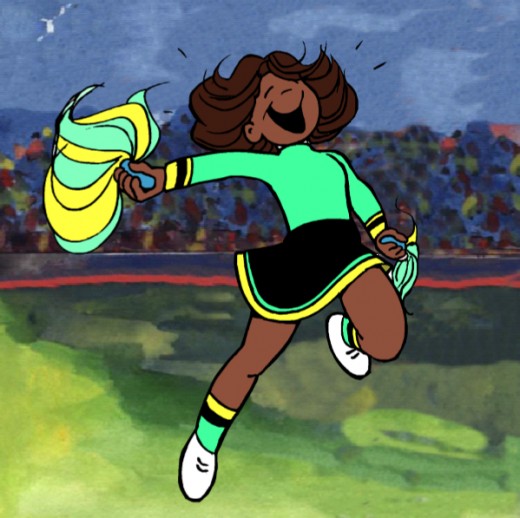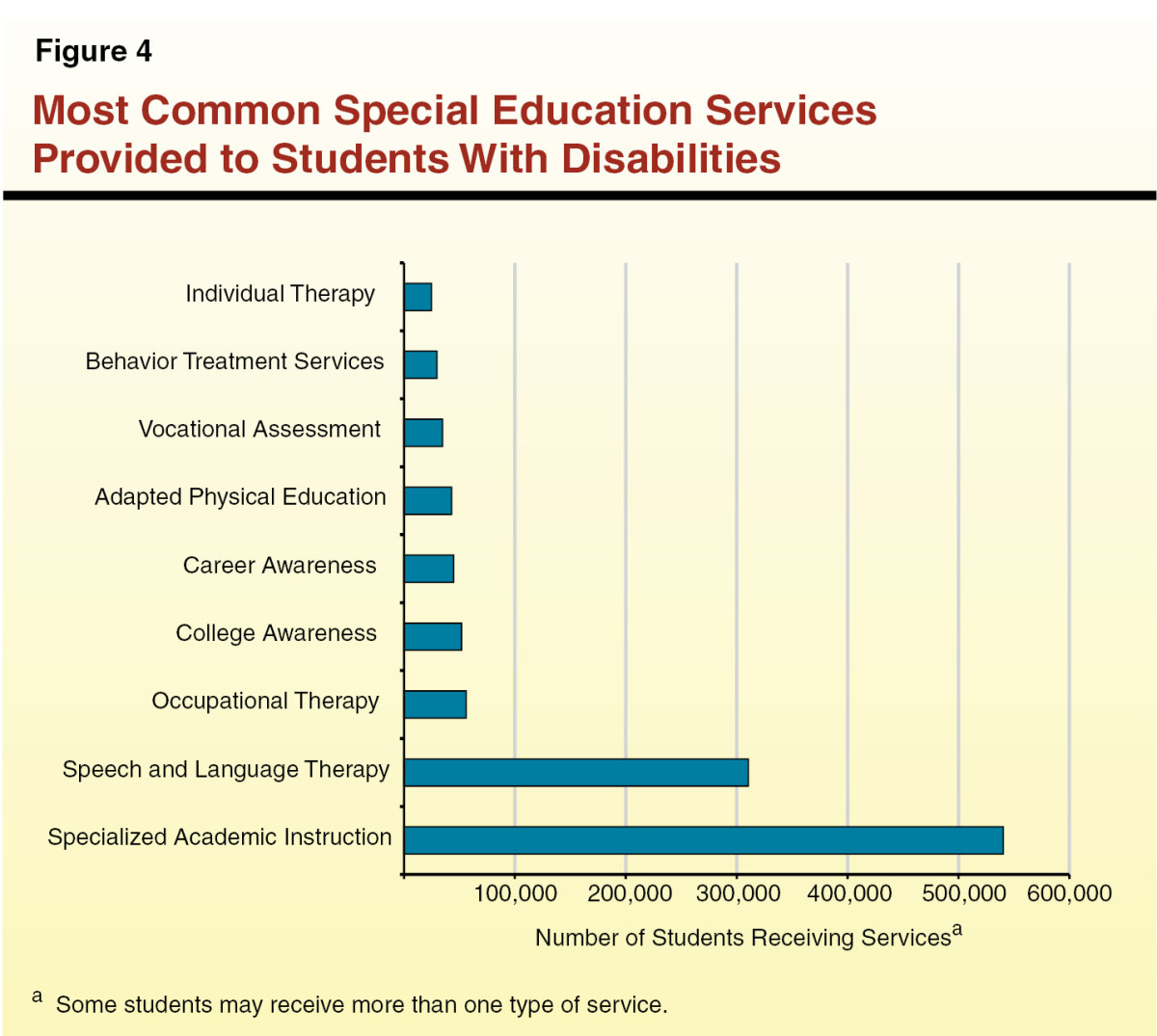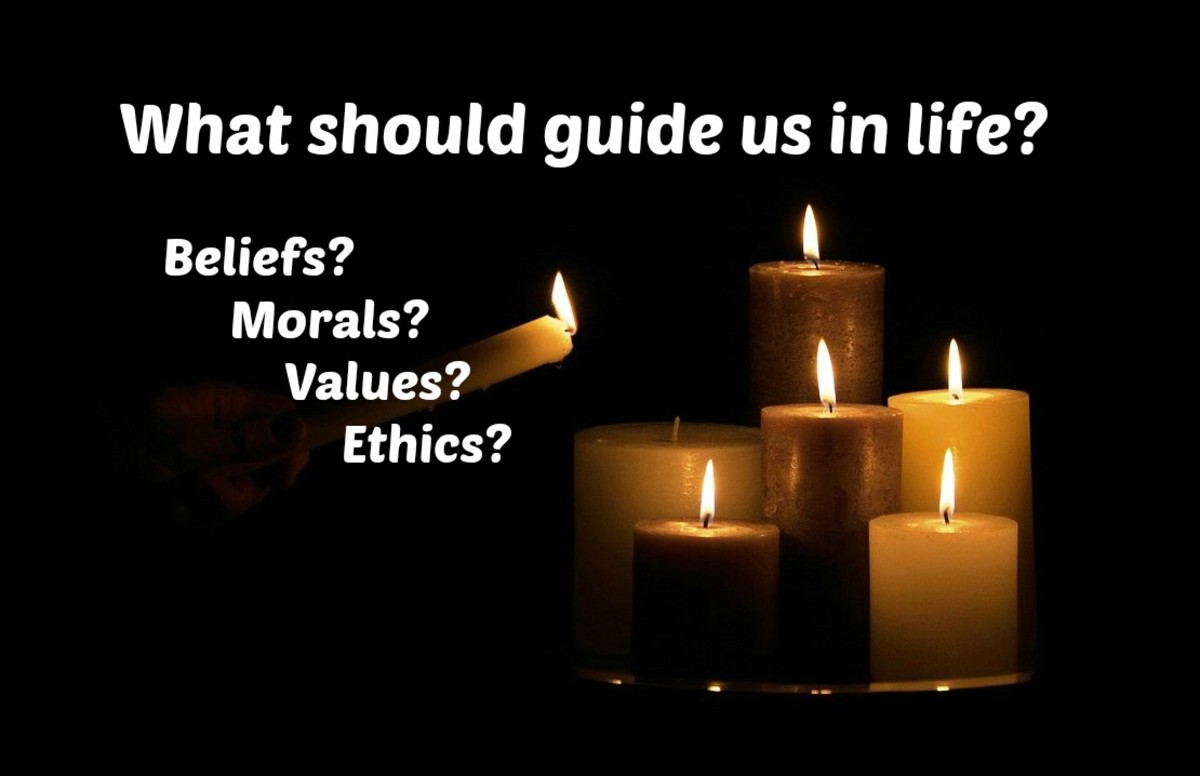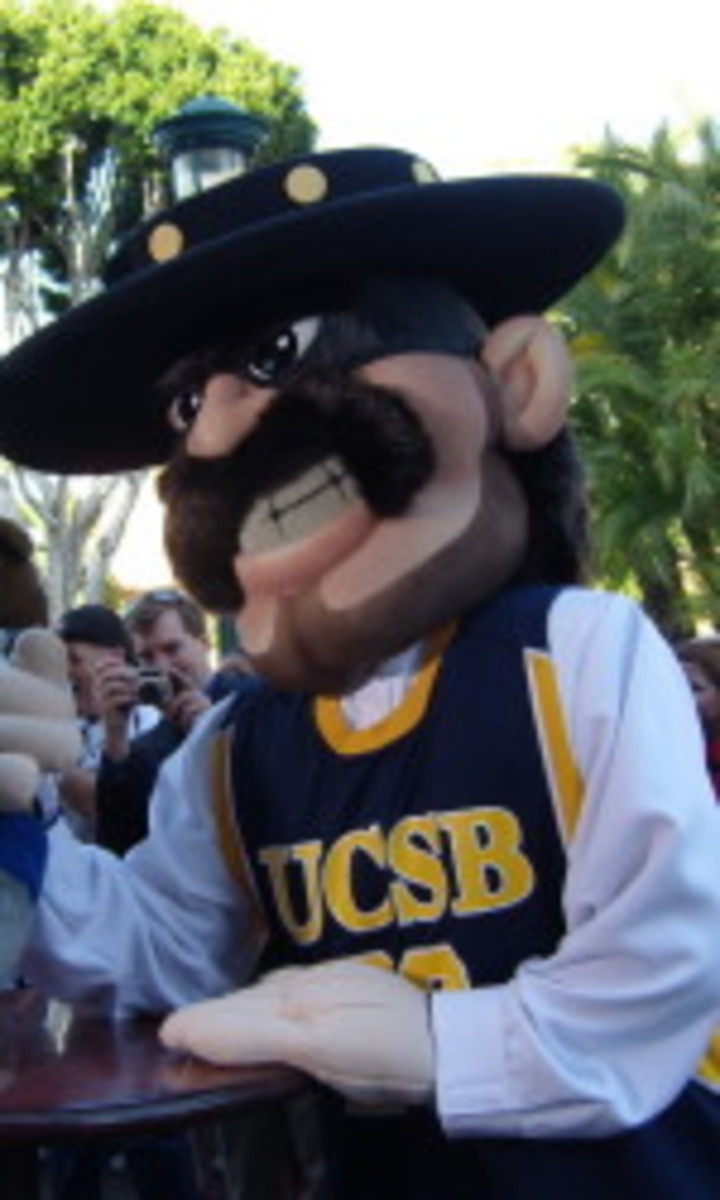Surviving the Last Two Years of College
College: Surviving & Enjoying the Journey
Now in her junior year, our continuing story reveals that Colleen has survived both her freshman and sophomore years away from home, as a college student. She is a well-seasoned student now, and she knows that even though she has to depend on herself—every day, to do her coursework, to study, and to do well in all her classes, she also must learn how to work with others. Again, learning to make the most of "interdependence" can be a lot more challenging than mastering "independence." Working with others, while it is the "ideal" way to work, presents a variety of challenges. If you've ever watched the TV show, Survivor, then you have a good foundation for understanding the importance of having a strong “social game.” This statement is true, because college is a place where students must learn how to get along and work well with others, including fellow classmates, dormitory or apartment roommates and other dorm or apartment complex residents, other students at the university, professors, administrators, and other employees at the school. For Colleen, it helped a lot that her parents provided opportunities for her to play and to interact with other children as she was growing up, and they also taught her to be polite and courteous when dealing with those in authority. Also a plus, Colleen has always truly enjoyed meeting people and making new friends. The fact that she genuinely likes being around other people and makes friends easily has enabled her to work well with others.

Colleen learned early in her college journey that teamwork is a vital part of college life. On the television show Survivor, tribe members work on teams to find and solve clues to win games that enable them to earn immunity—something that keeps them on the island to play the game another day. In real life, and on our story's "college island, "learning to work as part of a team is often a “make or break” proposition. In fact, it is so important to students’ academic and social growth and development that colleges and universities usually have hundreds of clubs and organizations students can join to learn how to be a member of a team. In addition to playing an important role in the development of mental and emotional health and well-being, teamwork aids in making friends and bonding with others, and that helps to strengthen social skills.
Why are social skills so important? As a member of the school's cheerleading squad, Colleen has learned that developing good social skills means cultivating skills that are needed to "fit in," or to "adapt" to a particular social environment. And, like it not, being able to adapt to fit in with others is important to survival, in and beyond college. Learning how to relate well to others, in small or large groups, helps individuals develop effective communications skills that will serve anyone well, in college and in life after college. Most places of work value individuals with strong social skills because these skills enable them to interact effectively with others, inside and outside of the company or organization. The ability to interact well with others, and to motivate and influence people, is vital to achieving goals—in college, on the job, and in life.

In her sophomore year, Colleen decided to major in journalism/broadcasting. In the next years, she found that her exceptional ability to be a good and contributing member of a team was something that helped her do her job well when she completed her senior-year "internship" at a local television station. Colleen, like many other college students, learned that it helped a lot when, in classes, she was assigned projects that had to be completed by teams. Within project teams, Colleen was often chosen to serve as a leader, by the group or by her professor. As leader, she was often responsible for assigning various tasks to others as they all worked toward completing projects are assigned to the group. After getting to know her team members, Colleen based task assignments on what each student brought to the team in terms of knowledge, skills, interests, and talents. Preparing team projects helped her learn more about organizing, managing, and getting along with other people in order to reach an agreed upon goal that was usually established by the professor of the course. Colleen soon found that being able to excel as a team leader was critical to success in both her academic and her corporate/internship work environments, and, therefore, that it was a vital aspect of a well-rounded college education.

Surviving to Become a College Senior
Finally, Colleen is a senior in her last year of college. She has almost made it to the end, and in doing has discovered, like other students, that college is definitely a place where you have to learn to survive by meeting challenges and overcoming obstacles, to make to the end goal, which means earning your degree. The main challenge on college island, Colleen found, has been maintaining good study habits and a strong grade point average. As a member of the school cheerleading squad, she also had to learn to balance studies with team practice requirements. Managing her time paid well paid off for Colleen, and working hard in every class allowed her to excel in her coursework. By the end of the first semester of her senior year, she knew things were working out for her, just as she planned from the beginning. She was on track to be graduating in May, with honors.
Since she learned that employers look at grades as an indication of "potential" when considering job applicants, Colleen is glad she learned, early on, about the vital importance of working hard and earning good grades. With an impressive G.P.A., she knows she'll be ready to show her academic transcript, when needed, once she started searching for her first job.
In her senior year, Colleen joined the school's orientation team—a group of volunteers who helped introduce first-year students to college life. She enjoyed helping younger students learn to successfully navigate the ins and outs of the academic environment, helping them to see that while studying and earning good grades is important, that the challenges of college would not end with grades. She talked about all the many things that would be competing for their time, and then she advised them to learn how to handle things for themselves—from dating and getting to class on time, to committing to doing their own work, and not cheating on papers or exams, to managing and enjoying a social life without excessive partying, drinking, or using illegal drugs. She let them know that just as dangerous choices exist in the “real world” outside of college, all of the same temptations existed in the academic environment too. Therefore, she warned them it would always be up to each person, ultimately, to make either the right or the wrong choices.
College Graduation Day—and Beyond
Graduation Day, for Colleen, has come and gone, and she is now a college graduate. According to the U.S. Census Bureau, people with college degrees still earn, on average, nearly twice the yearly income of workers with only a high school diploma. And, according to U. S. News & World Reports, based on a report released by the Georgetown University Center on Education and the Workforce, over a lifetime, a bachelor’s degree is worth about $2.3 million dollars. Those who go on to earn advanced degrees do even better, according to the report. People with masters, doctoral, and professional degrees, respectively, earn $2.67 million, $3.25 million, and $3.65 million in lifetime averages.
There are many variables that must be considered when it comes to annual and lifetime earnings, and not all degree areas, or people with a degree in a certain area, will earn the same. Still, the end game, a college degree, is worth much more than money. Like Colleen, earning your degree will give you a great sense of accomplishment, you will develop valuable critical thinking abilities, and you'll make lifelong connections with friends and acquaintances that you will treasure for life.
© 2012 Sallie B Middlebrook PhD








